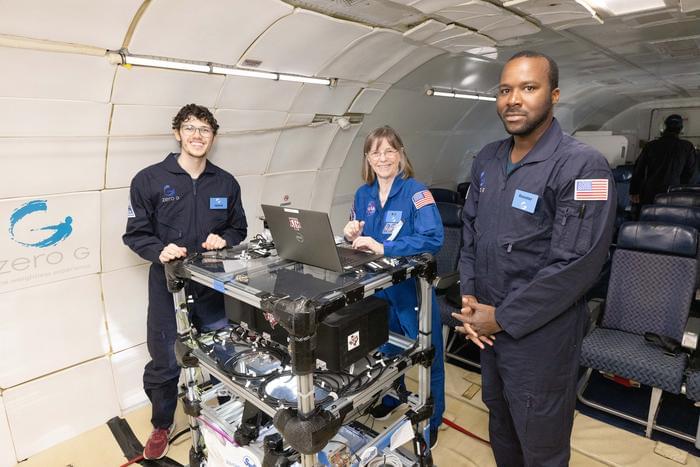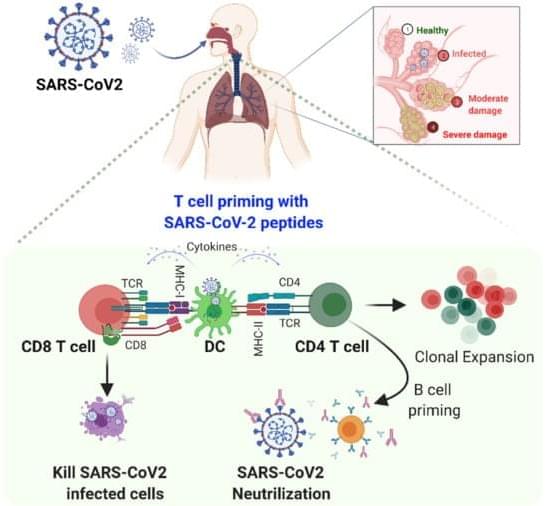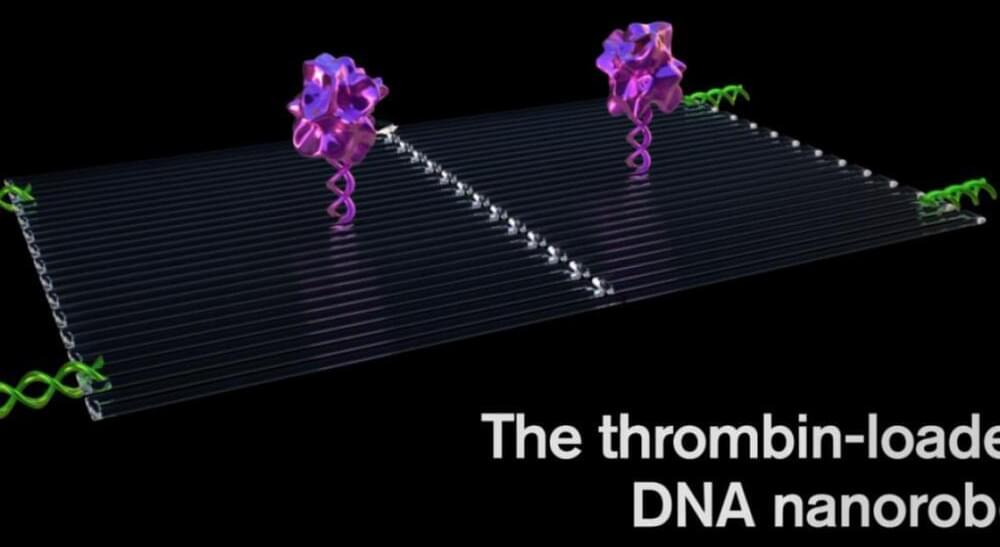How does human activity influence the ocean biodiversity for marine protected areas (MPAs)? This is what a recent study published in Conservation Letters hopes to address as a team of international researchers investigated current conservation efforts aimed at further strengthening MPAs around the world. This study holds the potential to help scientists, conservationists, legislators, and the public better understand the global impact of ocean biodiversity, as the United Nations has called for protecting 30 percent of the ocean by 2030.
“Now more than ever we need healthy and biodiverse areas in the ocean to benefit people and help buffer threats to ocean ecosystems,” said Dr. Kirsten Grorud-Colvert, who is an associate professor in the Department of Integrative Biology at Oregon State University and a co-author on the study. “Marine protected areas can only achieve this if they are set up to be effective, just and durable. Our assessment shows how some of the largest protected areas in the world can be strengthened for lasting benefits.”
For the study, the researchers analyzed the 100 largest MPAs in the world using The MPA Guide, the former of which represents 90 percent of the global MPAs. For each MPA, the researchers collected data on the protection status, regulation documents, and management plan, along with analyzing scientific literature pertaining to human activities in those MPAs. In the end, the researchers found that 25 percent of the analyzed MPAs lacked proper implementation while they determined that 33 percent of the analyzed MPAs did not meet criteria for being compatible with nature conservation. They concluded these results were from either decreased regulations or increased levels of human activity.









